Yemen war could stop tomorrow if ‘humanitarian desire’ exists: Activist
A human rights activist has said that the long, ongoing Saudi-led war on Yemen could come to an end tomorrow if there is political will and humanitarian desire on the side of the invaders.
Fra Hughes, also a journalist and director of Palestine Aid, made the comments on Press TV’s Monday edition of Spotlight, after UNICEF announced the heavy, tragic toll the war is taking on the civilian population, especially children, in the war-ridden country.
On Monday, Catherine Russel, UNICEF executive director announced that more than 11,000 Yemeni children have been killed or maimed since the Saudi-led aggression against the impoverished country began in 2015, warning that “the true toll of this conflict is likely to be far higher.”
Saudi Arabia launched the devastating war on Yemen in collaboration with its Arab allies and with arms and logistics support from the US and other Western states, a war which according to Hughes is “eminently preventable.”
“It could all stop tomorrow. It’s not just a matter of political will. It’s a matter of humanitarian desire by the people involved to end this kind of horror show that’s being inflicted on the people of Yemen,” he said.
Meanwhile, Yemen’s defense forces, which feature the country’s army and its allied Popular Committees, have vowed not to lay down their arms until the country’s complete liberation from the scourge of the aggression.
The war, which was launched with the aim of reinstalling the Riyadh-friendly regime of Abd Rabbuh Mansour Hadi and crushing the popular Ansarullah resistance movement, “is down to [Saudi Crown Prince] Mohammed bin Salman’s ego,” Hughes said.
‘Western double standards at play’
Elijah Magnier, a political analyst, also slammed the West’s “double standard” in this regard, saying that while according to UNICEF about 2.2 million Yemeni children, a quarter of whom are under five, are acutely malnourished, the figures are “invisible” to mainstream media.
He also criticized the West for “lecturing” people about what is happening in Ukraine, since the beginning of Russia’s “special operation” about 10 months ago, but overlooking the “massacre” of under 5-year-old children for the past eight years in Yemen.
The atrocities, he said, are “just invisible to mainstream media, the Saudis, Emiratis, Americans, and Europeans, who pretend to be supportive of the humanitarian cause of the world.”
Hughes also took a swipe at the West’s “huge propaganda war,” arguing that “the first casualty of war is truth.”
“We are not hearing the truth. We are hearing the propaganda from the Western imperialist elite. A lot of the coverage in the West is obviously for Western audiences,” he said, underlining the need for the actual narrative gets as wide an audience as possible.
They have money to invest, yet not in Yemen: Magnier
Elsewhere in his remarks, Magnier explained that while Saudi Arabia has enough money to reconstruct Yemen, it would rather spend it on curbing nations and states that are “not obedient to the US directives and policies.”
“They can even direct all the resources to the media to concentrate on something false and promote an incorrect narrative just to topple regimes and create coup d'etat, but to invest money in reconstructing Yemen is not possible,” he said, lamenting that they loot Yemen’s oil instead of helping the impoverished country.
Since the beginning of the war, the Saudi-led coalition has been looting Yemen’s oil reserves, while continuing to seize vessels carrying diesel and fuel for the Yemeni people, a move that Sana’a has condemned as an act of piracy.
In order to encourage the two warring parties in Yemen to intensify negotiations to reach an expanded truce agreement, a temporary United Nations-mediated ceasefire took effect in April 2022 and was renewed twice.
Under the terms of the truce, commercial flights have resumed from the Yemeni capital of Sana’a to Jordan and Egypt, while oil tankers have been able to dock in the lifeline port city of al-Hudaydah. The coalition agreed to end its attacks on Yemeni soil and end a simultaneous siege that it has been enforcing against Yemen.
Yemen has, however, reported many violations of the truce by the Saudi-led forces. The truce eventually expired on October 2.
In late November, the Humanity Eye Center for Rights and Development reported that more than 18,000 Yemeni people, including women and children, have been killed and some 30,000 injured since the onset of the war.
At about the same time, the Yemeni Supreme Council for the Management and Coordination of Humanitarian Affairs and International Cooperation confirmed more than 5 million Yemenis were displaced internally across 15 provinces amid worsening humanitarian conditions in Yemen.
“The war ends in compromise, dialogue, and the cessation of the violence, and the only way perhaps for that to happen is to allow a national coalition unity government to be formed, where all players have a stake at the table on behalf of their constituents, and hopefully be elected, have a mandate and come forward together as one unified [government],” Hughes concluded.
Trump threatens 200% wine tariffs on France to push Macron to join Gaza board
Yemen’s Saudi-backed PLC slams UAE for running secret prisons; Abu Dhabi denies
Swiss MPs move to strip UEFA of tax-exempt status over failure to ban Israeli teams
VIDEO | Massive Michigan pileup sees over 100 vehicles collide in highway crash
Diagnosing the roots of Iran’s economic turmoil
VIDEO | Press TV's news headlines
Son of Iran’s deposed Shah urges US, Israel to bomb country after failed ‘regime change’ plot
Jan. 12, 2026 – the day Iranians again rallied to reject hostile plots against Islamic Republic


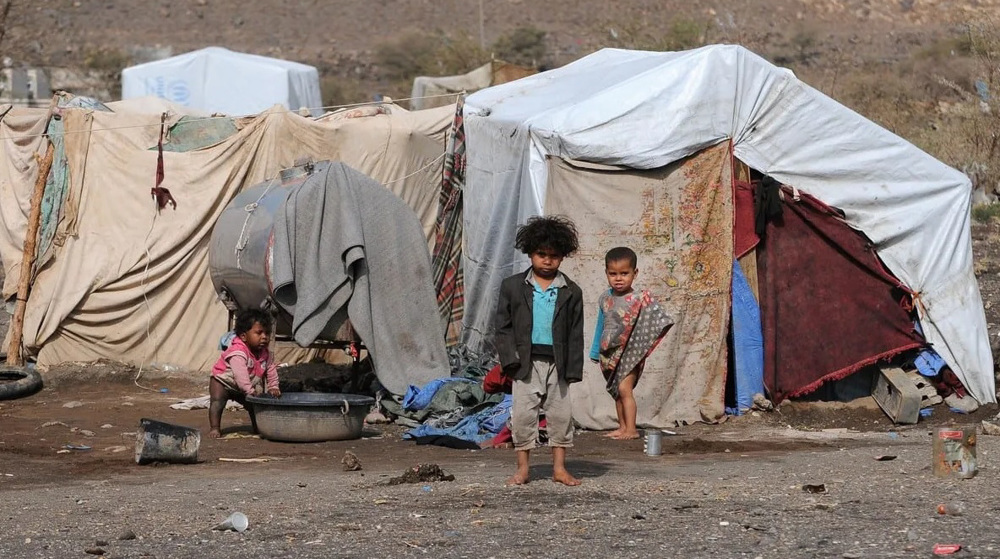
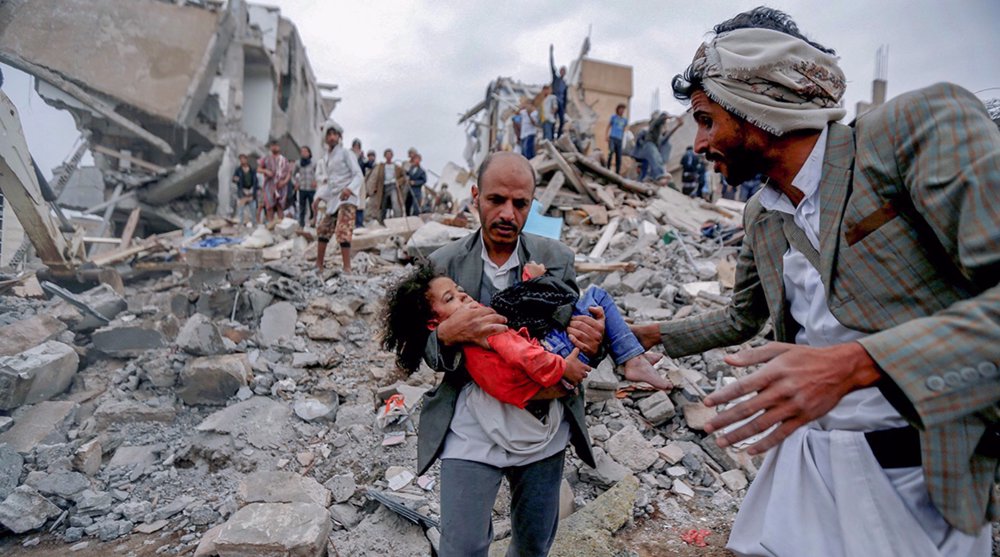
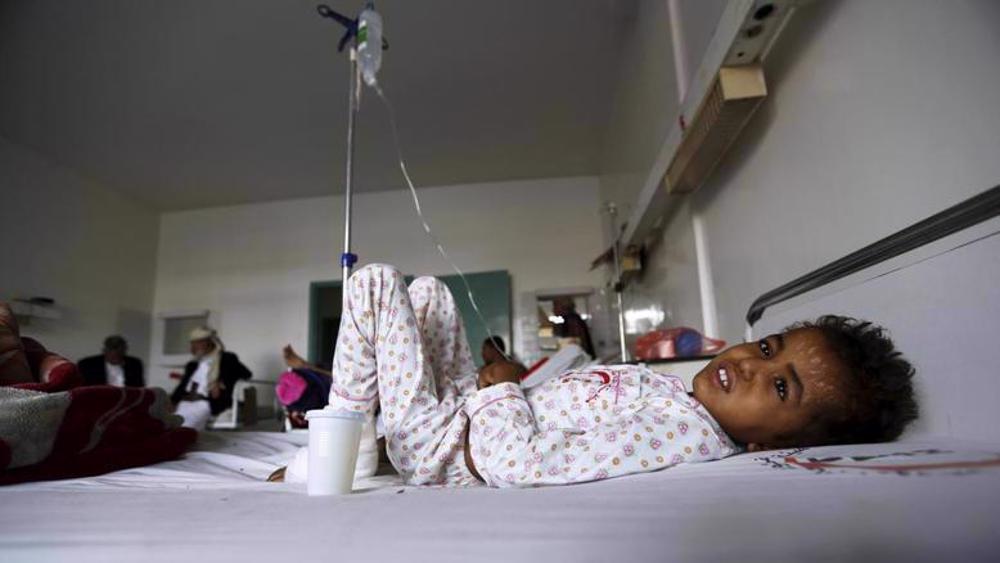
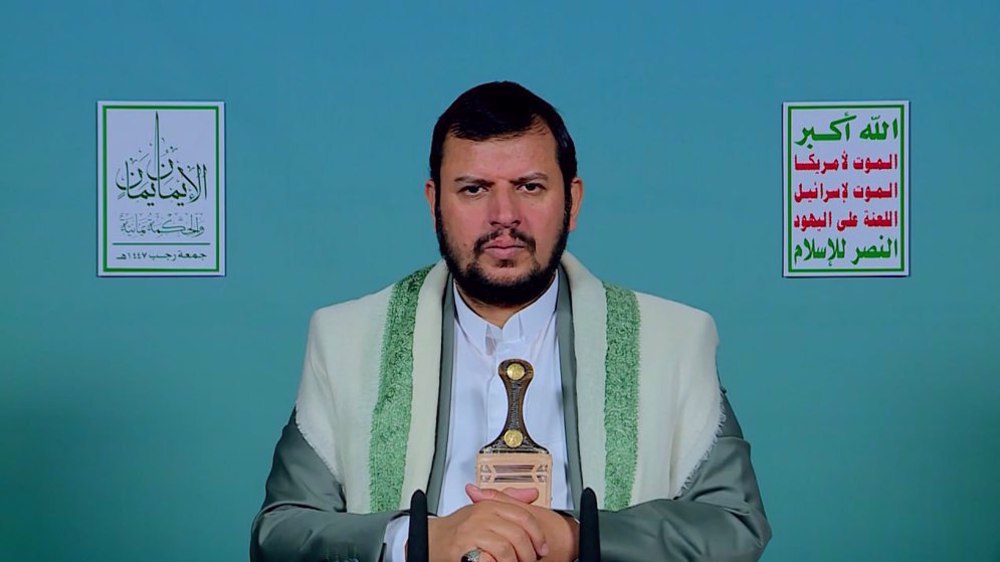
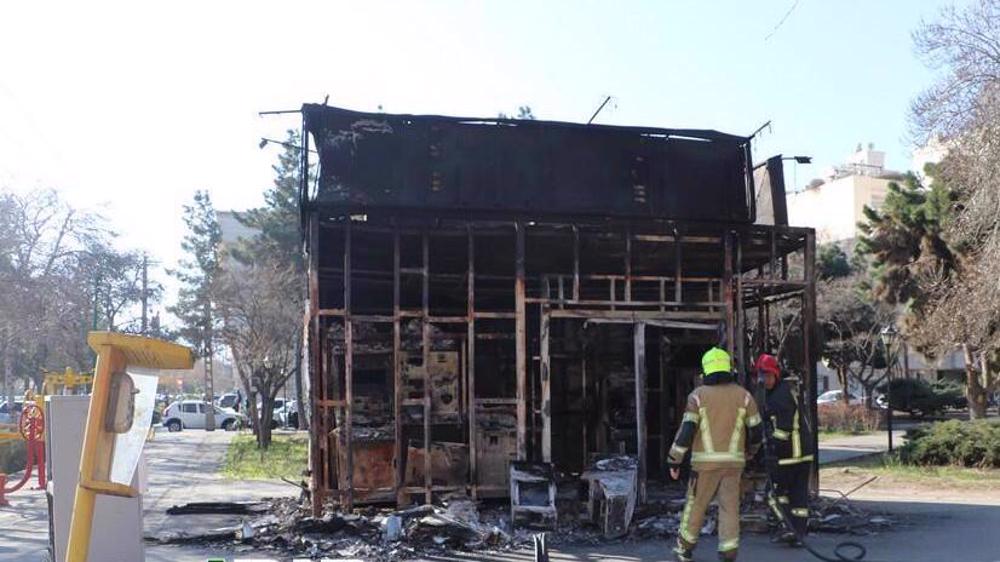
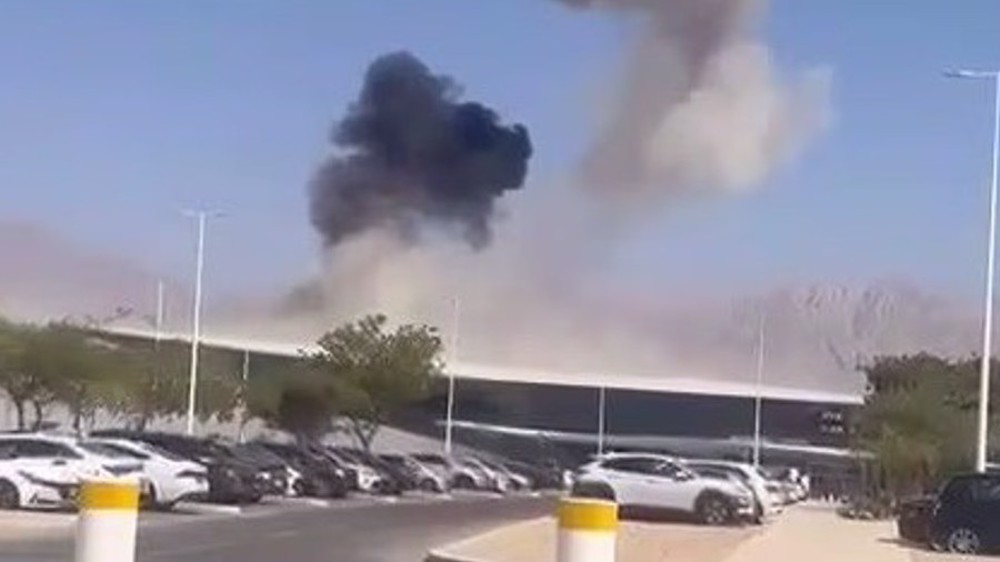



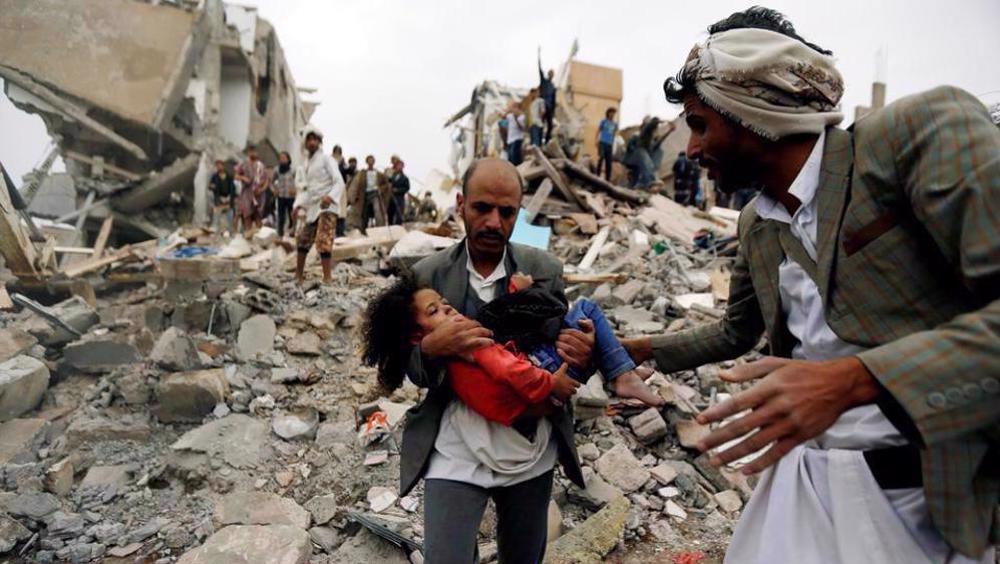
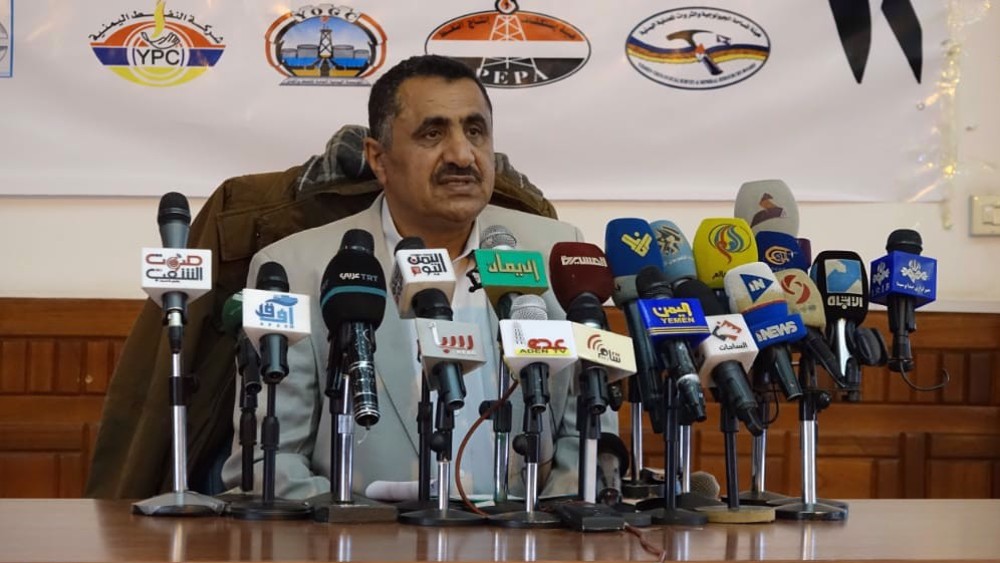
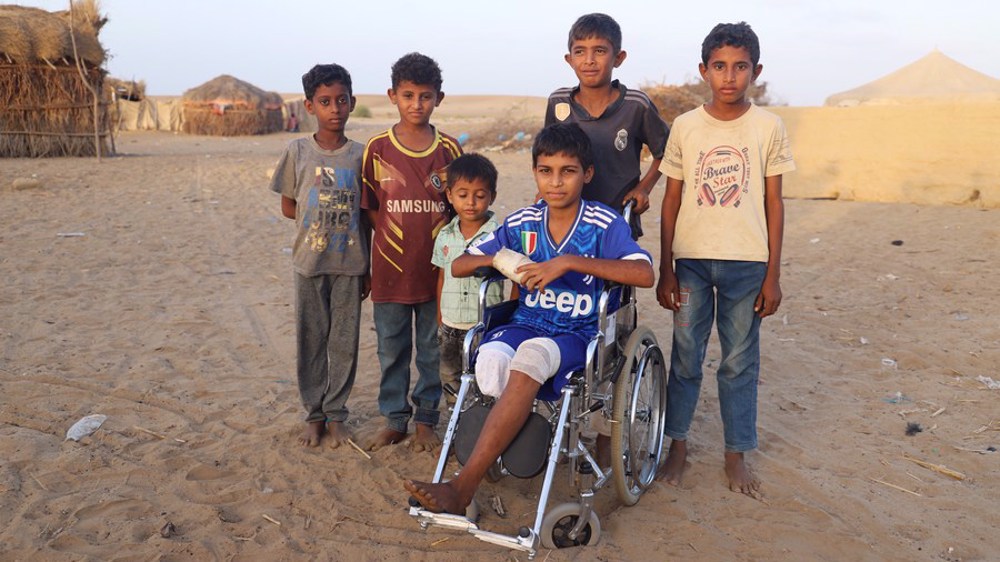
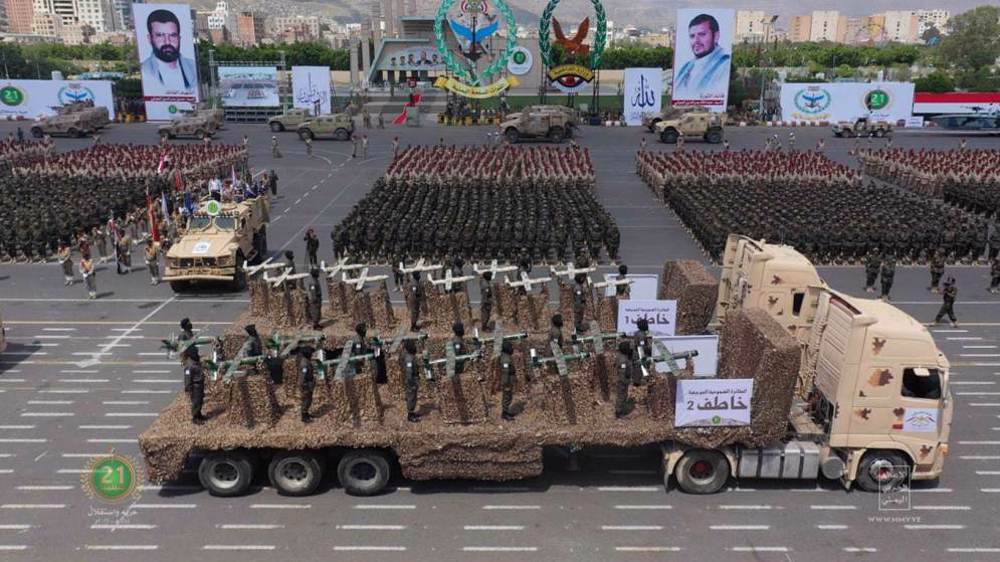
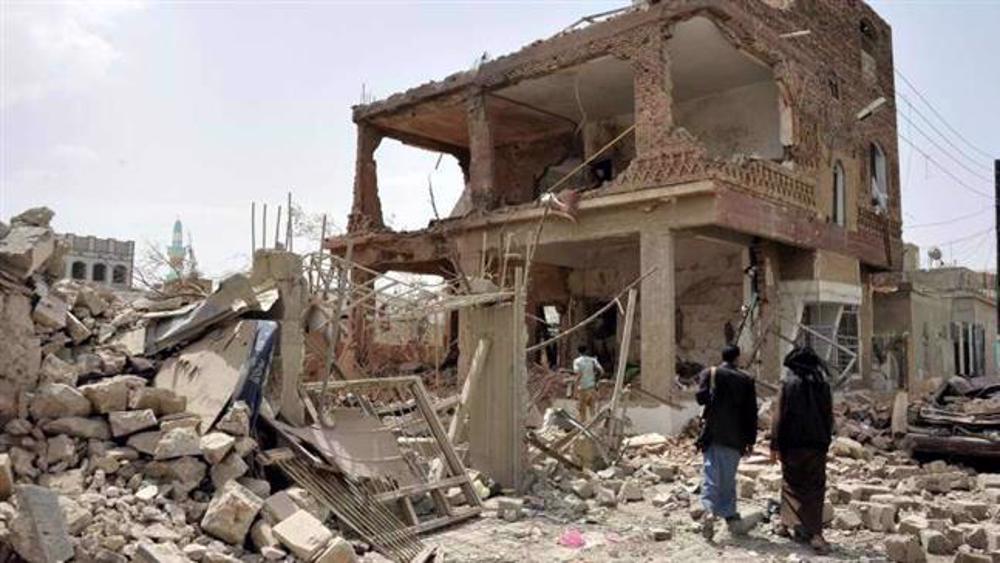
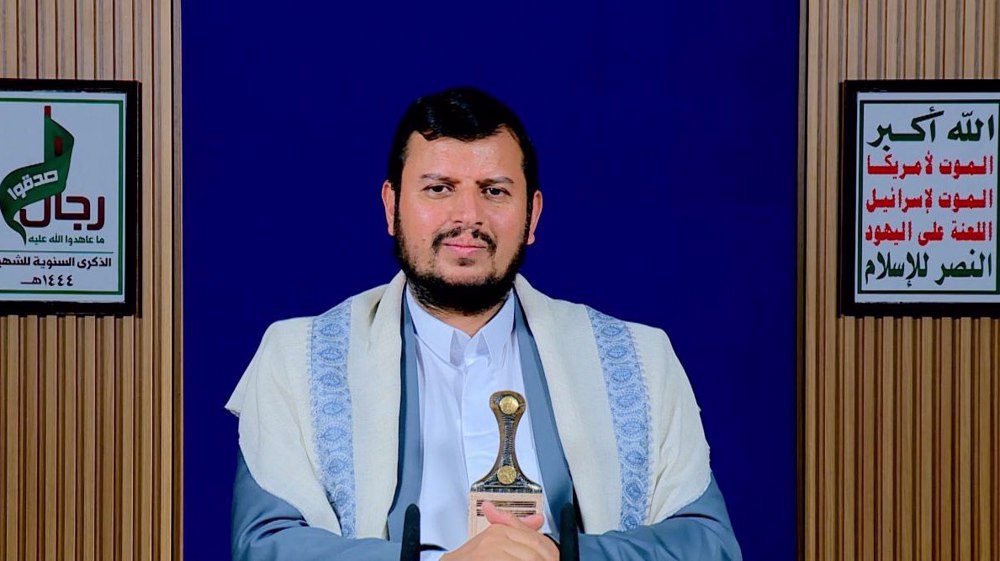

 This makes it easy to access the Press TV website
This makes it easy to access the Press TV website